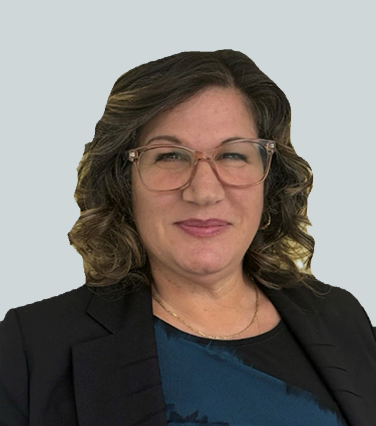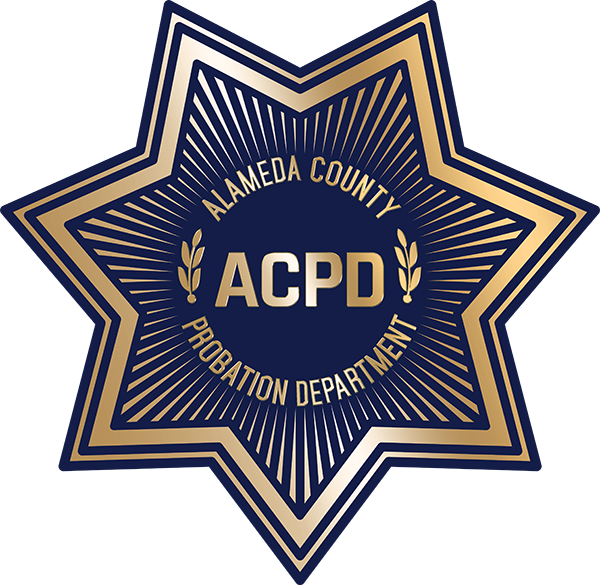INTAKE
Youth arrested for suspected law violations and delivered to juvenile hall by law enforcement are assessed to determine whether they are required to remain in custody or be released to a parent or caregiver, pending Court appearance. Intake staff also assess whether cases should be referred to the District Attorney to request a petition be filed with the court. This happens with both in-custody and out-of-custody situations. In instances where youth present low-risk for future delinquent behavior, Intake staff exercise discretion to divert cases and refer youth to appropriate community-based programs and services, in lieu of requesting a petition through the District Attorney.





